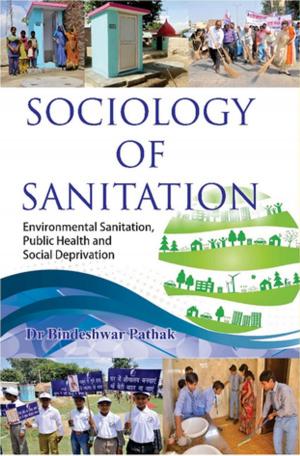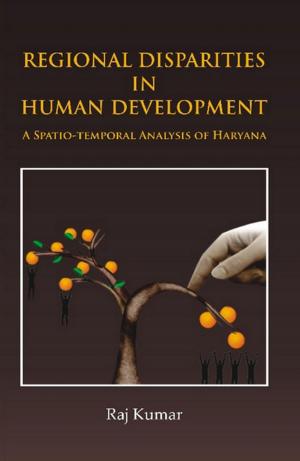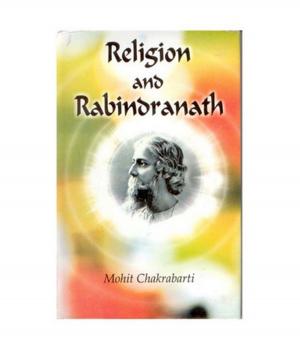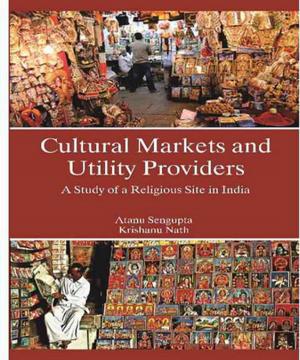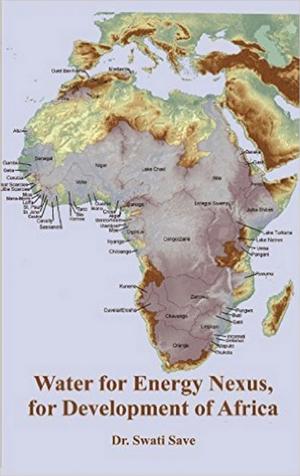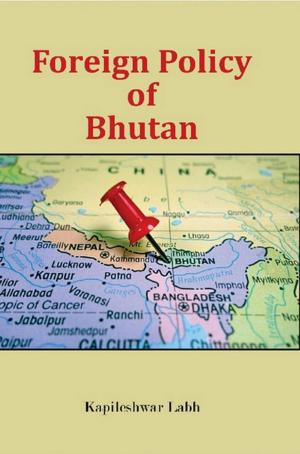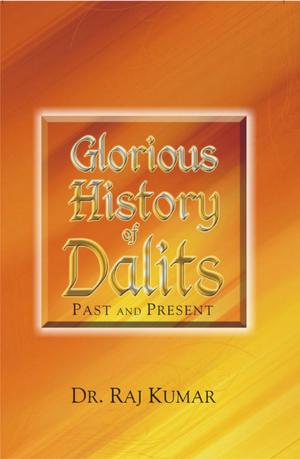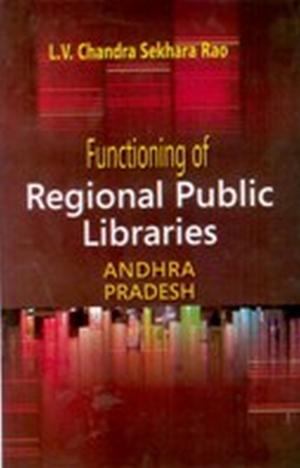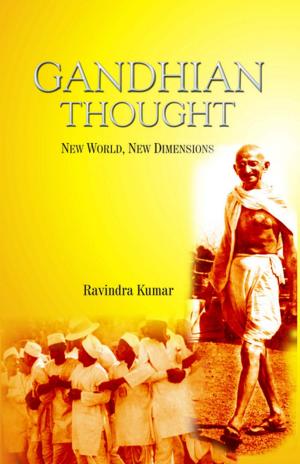| Author: | Neelkanth Gajanan Pendse | ISBN: | 9789351289135 |
| Publisher: | Kalpaz Publications | Publication: | June 30, 2015 |
| Imprint: | Kalpaz Publications | Language: | English |
| Author: | Neelkanth Gajanan Pendse |
| ISBN: | 9789351289135 |
| Publisher: | Kalpaz Publications |
| Publication: | June 30, 2015 |
| Imprint: | Kalpaz Publications |
| Language: | English |
Human society is a group of people involved in persistent interpersonal relationships, or a large social grouping sharing the same geographical or social territory. More broadly, a society may be illustrated as an economic, social, or industrial infrastructure, made up of a varied collection of individuals. Members of a society may be from different ethnic groups. Society, in general, addresses the fact that an individual has rather limited means as an autonomous unit. Human societies are most often organized according to their primary means of subsistence. Societies may also be structured politically. Societies are social groups that differ according to subsistence strategies, the ways that humans use technology to provide needs for them. The main form of food production in such societies is the daily collection of wild plants and the hunting of wild animals. Hunter-gatherers move around constantly in search of food. Fruits and vegetables grown in garden plots that have been cleared from the jungle or forest provide the main source of food in a horticultural society. Agrarian societies use agricultural technological advances to cultivate crops over a large area. As access to electronic information resources increased at the beginning of the 21st century, special attention was extended from the information society to the knowledge society. People of many nations united by common political and cultural traditions, beliefs, or values are sometimes also said to form a society. It is hoped that the present edition of this book will be beneficial to all concerned of the society in general and students, lawyers, advocates, academicians, human rights institutions, researchers and NGOs working in sociology field, in particular. Contents of this book are Child Marriage, Bonded Labour, Child Labour, Widow, Farmer Suicide, AIDS, Urbanization, Arm Trafficking, Poverty, Violence against Women, Human Trafficking , Orphan Children, Caste system, Beggary, Urban slum, Migration, Terrorism, Unemployment, Corruption, Drug Abuse, and Superstition.
Human society is a group of people involved in persistent interpersonal relationships, or a large social grouping sharing the same geographical or social territory. More broadly, a society may be illustrated as an economic, social, or industrial infrastructure, made up of a varied collection of individuals. Members of a society may be from different ethnic groups. Society, in general, addresses the fact that an individual has rather limited means as an autonomous unit. Human societies are most often organized according to their primary means of subsistence. Societies may also be structured politically. Societies are social groups that differ according to subsistence strategies, the ways that humans use technology to provide needs for them. The main form of food production in such societies is the daily collection of wild plants and the hunting of wild animals. Hunter-gatherers move around constantly in search of food. Fruits and vegetables grown in garden plots that have been cleared from the jungle or forest provide the main source of food in a horticultural society. Agrarian societies use agricultural technological advances to cultivate crops over a large area. As access to electronic information resources increased at the beginning of the 21st century, special attention was extended from the information society to the knowledge society. People of many nations united by common political and cultural traditions, beliefs, or values are sometimes also said to form a society. It is hoped that the present edition of this book will be beneficial to all concerned of the society in general and students, lawyers, advocates, academicians, human rights institutions, researchers and NGOs working in sociology field, in particular. Contents of this book are Child Marriage, Bonded Labour, Child Labour, Widow, Farmer Suicide, AIDS, Urbanization, Arm Trafficking, Poverty, Violence against Women, Human Trafficking , Orphan Children, Caste system, Beggary, Urban slum, Migration, Terrorism, Unemployment, Corruption, Drug Abuse, and Superstition.

